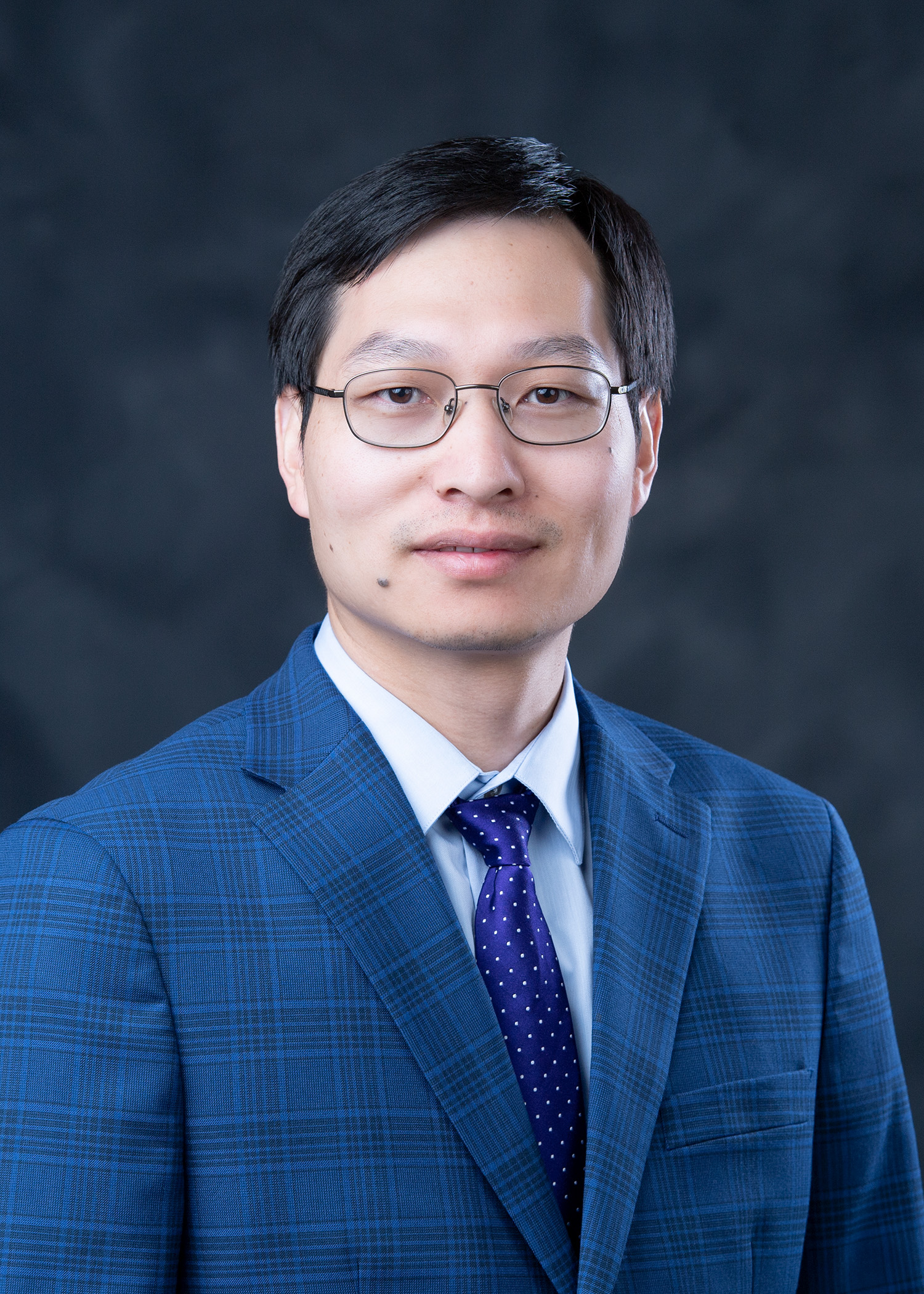IDEAL Lab: Intelligent Decarbonization for Energy Access and Reliability Laboratory
Welcome to the IDEAL Lab, where energy innovation meets impact under the guidance of Dr. Xin Fang! We’re at the forefront of pioneering intelligent decarbonization strategies, ensuring not just an affordable renewable energy transition, but one that embodies reliability and stability. Join us as we reimagine a world where affordable clean electricity for all isn’t just a dream, but a tangible reality!
Xin Fang is an Assistant Professor at University of South Carolina’s Department of Electrical Engineering. From 2022-2025, he was at Mississippi State University’s Department of Electrical and Computer Engineering. He received his Ph. D. degree in Electrical Engineering from the University of Tennessee, Knoxville, in 2016. He was the principal investigator of multiple Department of Energy-funded research projects on cyber-physical dynamic modeling for distributed energy resources integration.
Before joining Mississippi State University, he was a senior researcher at DoE National Renewable Energy Laboratory (NREL), Golden, CO, from 2017 to 2022.
Dr. Fang has published over fifty journal papers on high prestigious journals such as IEEE Transactions on Power Systems, IEEE Transactions on Sustainable Energy, Applied Energy, International Journal of Electrical Power and Energy Systems, etc. Dr. Fang has been an Associate Editor of the Journal of Modern Power Systems and Clean Energy since 2019, an Associate Editor of the IEEE Transactions on Power Systems in 2020-2023, and an Associate Editor of the IEEE Transactions on Sustainable Energy since 2022. He is an Outstanding Reviewer of the IEEE Transactions on Sustainable Energy for 2017, 2019, and 2021 and an Outstanding Reviewer of the IEEE Transactions on Power Systems for 2022 and 2023. He was an Outstanding Associate Editor for IEEE Transactions on Sustainable Energy in 2022. He was an Outstanding Associate Editor for IEEE Transactions on Power Systems in 2023. He is a Senior Member of the IEEE.
Dr. Fang has multiple Ph.D. student openings for Spring 2026. The focusing areas include power system optimization, dynamics, transmission and distribution cosimulation, electric grid, and transportation cosimulation. A Master’s degree is preferred for Ph.D. applications.
